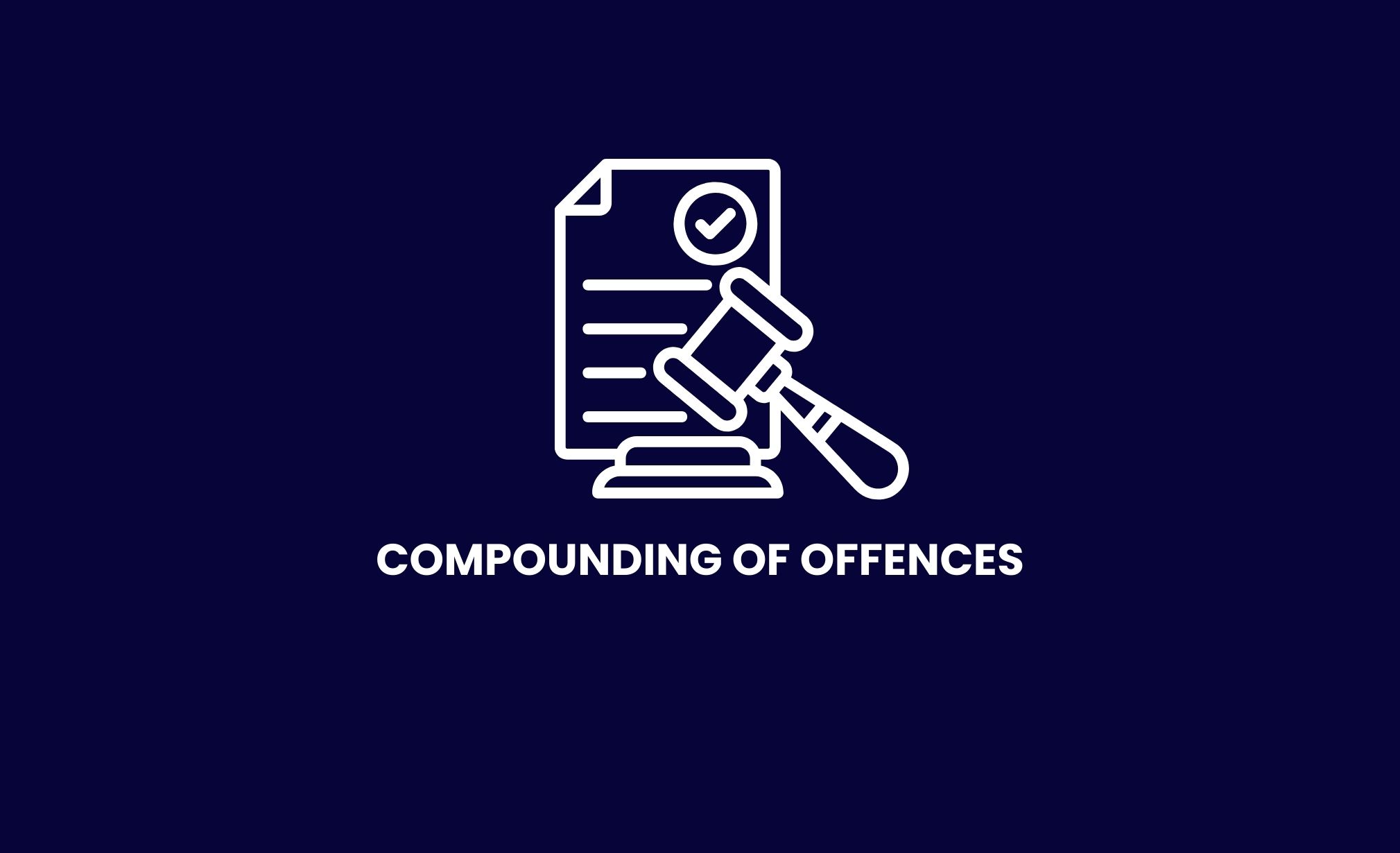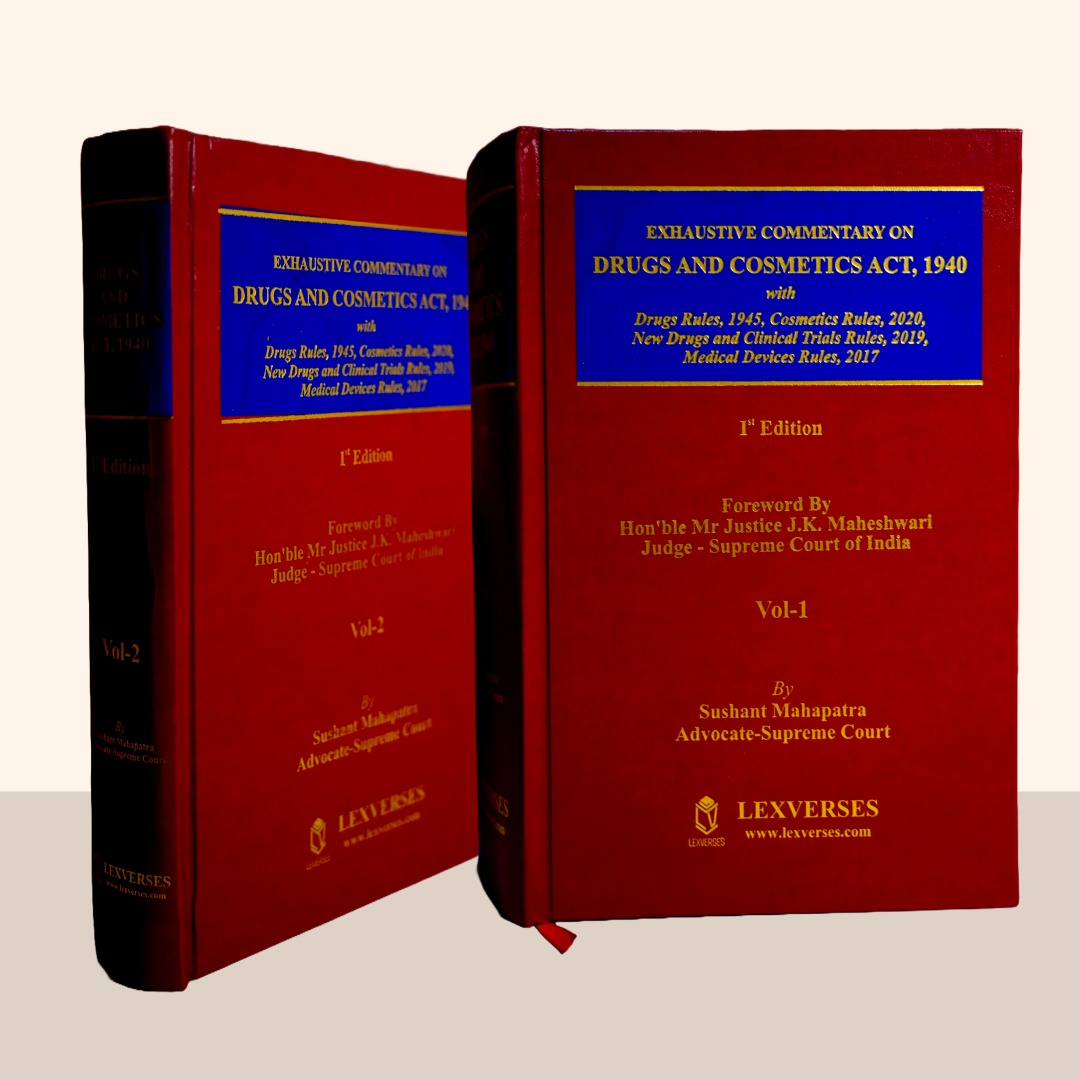The Drugs and Cosmetics
Act, 1940, serves as a specialized legal framework dedicated to regulating the
import, manufacture, distribution, and sale of drugs and cosmetics in India.
This Act, due to its specificity, holds precedence over more general laws when
it comes to matters it governs. The principle of "special law overrides
general law" is central to this Act, meaning that in any conflict between
this Act and a more general statute, the provisions of the Drugs and Cosmetics
Act will prevail. This is particularly critical in the pharmaceutical and
cosmetic industries, where regulatory clarity and compliance are essential to ensure
public health and safety.
The case, Leukoplast (India) Ltd. v. State of Goa,
highlights this principle. The Bombay High Court ruled that, for trade
purposes, the definition of "drug" under the Drugs and Cosmetics Act
takes precedence over definitions in other statutes. The court’s decision
reinforced that the Act’s specialized provisions cannot be overridden by
conflicting terms or interpretations found in other, more general legal
enactments.
This framework ensures that even if general laws seem applicable, the specialized regulations provided by the Drugs and Cosmetics Act, 1940, retain their authority, thereby protecting industry standards and, ultimately, public welfare. This primacy of the Act is crucial in the context of India's regulatory landscape, as it provides a clear structure within which manufacturers, distributors, and other stakeholders must operate, ensuring consistency in the oversight of pharmaceuticals laws in India.
*Source: Exhaustive Commentary on the Drugs and Cosmetics Act by Adv. Sushant Mahapatra, (available on www.Lexipharma.com)









